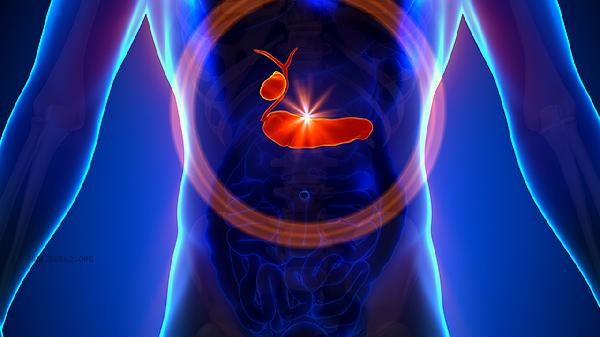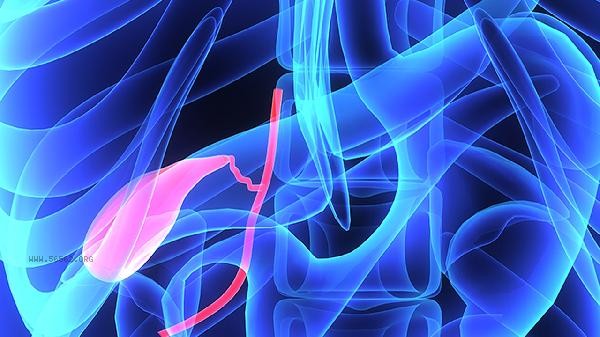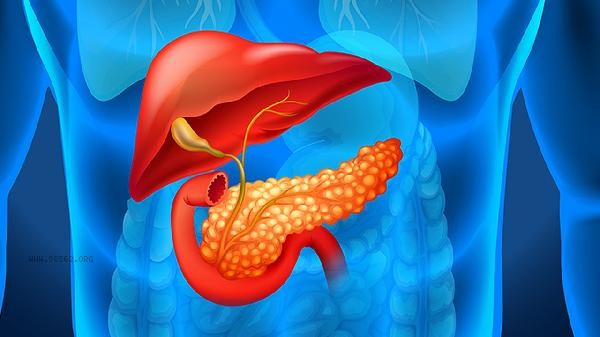Low low-density lipoprotein cholesterol usually reflects a good metabolic status, but may indicate potential problems such as malnutrition or hyperthyroidism. The main influencing factors include excessive dietary control, abnormal thyroid hormone levels, chronic wasting diseases, genetic factors, and decreased liver synthesis function.

1. Dietary factors:
Long term low-fat diet or insufficient calorie intake can lead to a lack of cholesterol synthesis materials. This phenomenon is common among strict vegetarians and people who are dieting to lose weight, accompanied by weight loss, fatigue, and other symptoms. It is recommended to gradually adjust the dietary structure and increase healthy fat sources such as nuts and deep-sea fish in moderation.
2. Thyroid abnormalities:
Increased metabolic rate during hyperthyroidism accelerates cholesterol breakdown. Patients often have symptoms such as palpitations, excessive sweating, and weight loss, and need to be diagnosed through five thyroid function tests. After controlling hyperthyroidism, cholesterol levels can gradually recover.
3. Chronic consumption:

Consumptive diseases such as tuberculosis and malignant tumors lead to excessive consumption of nutrition. This type of situation is often accompanied by abnormal laboratory indicators such as increased erythrocyte sedimentation rate and decreased serum albumin, which need to be further investigated in conjunction with imaging examinations.
4. Genetic metabolism:
Familial hypoalbuminemia is an autosomal dominant genetic disease characterized by lifelong low levels of low-density cholesterol. This group of people usually have no special symptoms, but one should be alert to the risk of lipid soluble vitamin absorption disorders.
5. Liver lesions:
Severe liver disease can affect the function of cholesterol synthase system, which is commonly seen in the decompensated stage of cirrhosis. Patients often exhibit signs such as coagulation dysfunction and jaundice, and their condition needs to be evaluated through liver function testing and ultrasound examination. When low-density cholesterol is found to be low, it should be comprehensively judged in conjunction with other blood lipid indicators. If there are no clear pathological factors, it is recommended to maintain moderate cholesterol intake through a balanced diet and consume salmon or flaxseed rich in unsaturated fatty acids 3-4 times a week. Moderate resistance training can promote the rational utilization of cholesterol and avoid sudden intense exercise leading to energy depletion. At the same time as regularly reviewing the blood lipid profile, it is recommended to have thyroid function and liver ultrasound tested annually. People over the age of 40 can increase their screening for tumor markers. Pregnant women need to pay special attention to maintaining cholesterol levels as they play an important role in sex hormone synthesis.










Comments (0)
Leave a Comment
No comments yet
Be the first to share your thoughts!